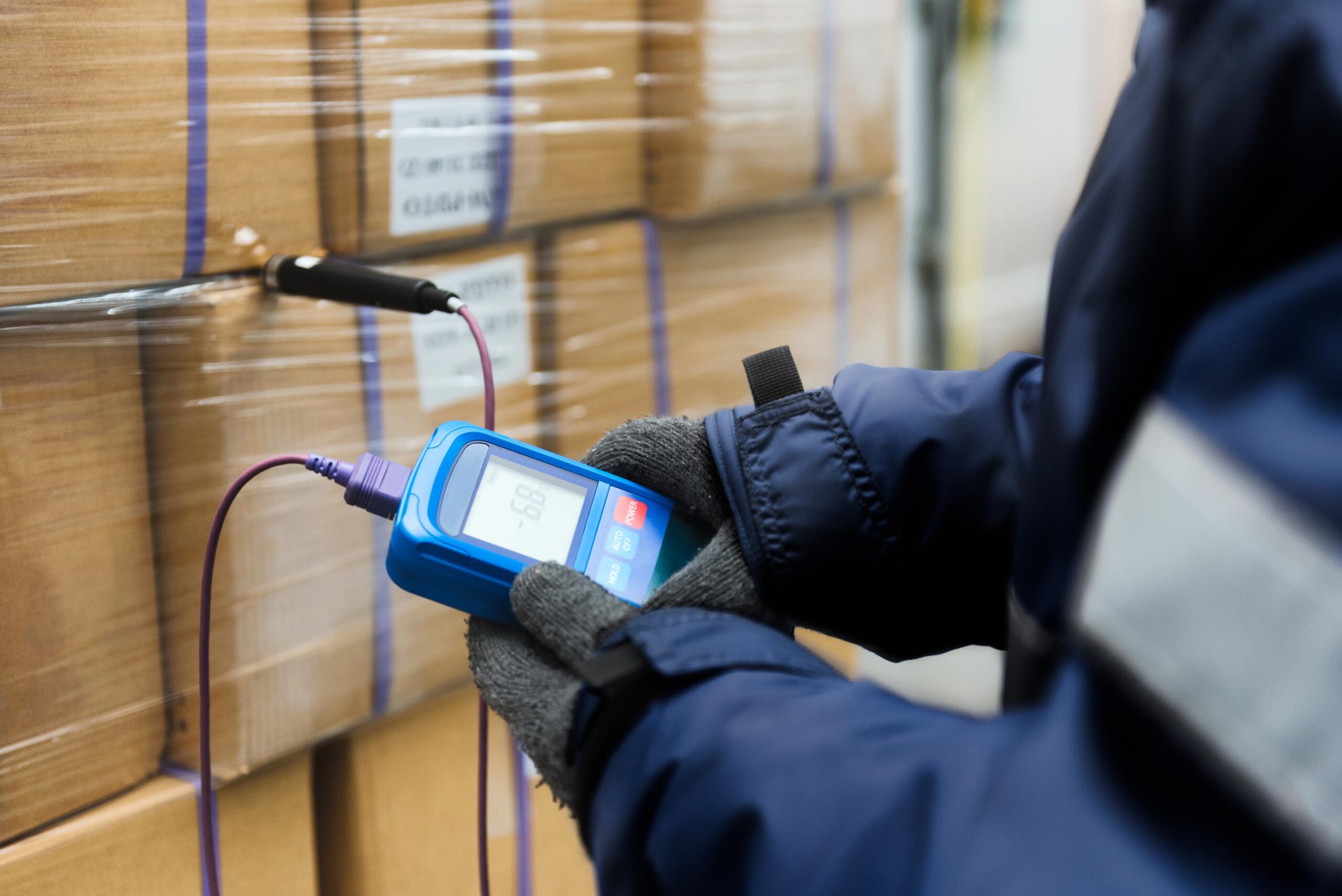Logistics in the Pharamceutical Industry: Challenges & Solutions
Pharmaceutical products are highly compliant and critical to public health. Therefore, they will always present challenges for logistics in the pharmaceutical industry. This past year, conditions required pharmaceutical distribution and fulfillment services to step up their game even more. For instance, COVID-19 disrupted supply chains, and Federal and state organizations struggled to keep pace with public need and compliance. It’s never been more crucial to meet difficulties head on, or to maintain flexibility and address logistical kinks in the pipeline. Below are five components of pharmaceutical logistics. Read on to see where flow can be interrupted, and how to keep it moving.
Communication
Logistics in the pharmaceutical industry are the coordination of supplies, people, transportation, and facilities to move products from the manufacturer to their destination. Pharmaceutical logistics is a complex web of many moving parts. Each part must function individually and in harmony with the rest of the chain. Otherwise, it is impossible to deliver drugs and medical devices where they need to be. Poor communication results in catastrophic losses or delays. As products move from one point in the chain to the next, all parties need to be clear on environmental requirements, proper labeling, documentation, and timelines. A technology platform and communication system that support success include, for example:
• Consolidated data & data repository
• Mobile-friendly access to applications
• Analytics
• Recall management
• Call center support
Transparency is the name of the game. Therefore, it makes sense to make clear, consistent communication and all-point visibility a priority, in order to prevent gaps that threaten safe and timely fulfillment.
Temperature
Many, if not most, pharmaceutical products require storage within a specific temperature range, or risk loss of integrity. Temperature-mapped, controlled, and monitored transportation and storage are essential, because once the temperature of a storage facility or container is compromised, the damage can’t be undone. To prevent costly excursions, therefore, use calibrated devices to monitor temperatures, and install an alarm system to alert personnel to any dangerous changes in environment.
Warehousing
A warehouse is a hive of activity. For large quantites of product to pass safely and swiftly through many hands, organization is key. Keep human error to a minimum, and keep the warehouse a reliable link in the chain, with a happy marriage of technology and teamwork.
Pharmaceutical sample fulfillment at CCG Marketing Solutions features state-of-the-art storage, plus a wide range of value-added services. Services include direct to practitioner sampling, representative Rx sample and collateral distribution, kitting, and SFA integrated solutions. Such comprehensive warehouse management prevents inventory mix-ups and misplaced inventory. It also stops the distribution of contaminated or compromised products. Good management includes precise tracking, labeling, and inventory control. Our fulfillment team are packaging experts who follow all cGMP, GDP, and OSHA rules and regulations.
Technology
To move products from point A to points B and C requires responsive technology. However, not all tech is created equal. The best technology platform for logistics in the pharmaceutical industry is one designed specifically for the job and for the people using it. On the other hand, tech that is hard to access or operate only muddies the waters. At CCG, we build web applications that respond quickly when conditions change. For example, from a scalable and 21CFR11 compliant practitioner ordering portal, to a rep allocation tool and web-collateral ordering portal, our technology makes the work safer and more efficient.
Compliance Throughout Logistics in the Pharmaceutical Industry
Compliance and accountability are two of the most difficult areas to navigate. This is even more true in the era of COVID-19. In addition to accessibility challenges, Federal and state standards apply to every step in the logistics journey. What’s more, regulatory requirements shift frequently, and non-compliance is never an option. Failure to comply with local, state or federal regulations can result in stiff penalties. Worse, non-compliance causes delays and loss of sensitive product, and can tarnish the reputations of all parties.
Avoid compliance issues. Partner with a pharmaceutical fulfillment center with a strong record of PDMA, FDA, DEA, and HIPAA compliance. CCG is service driven and pharma-compliant. Get in touch to learn more about how we can support your pharmaceutical sampling business.

